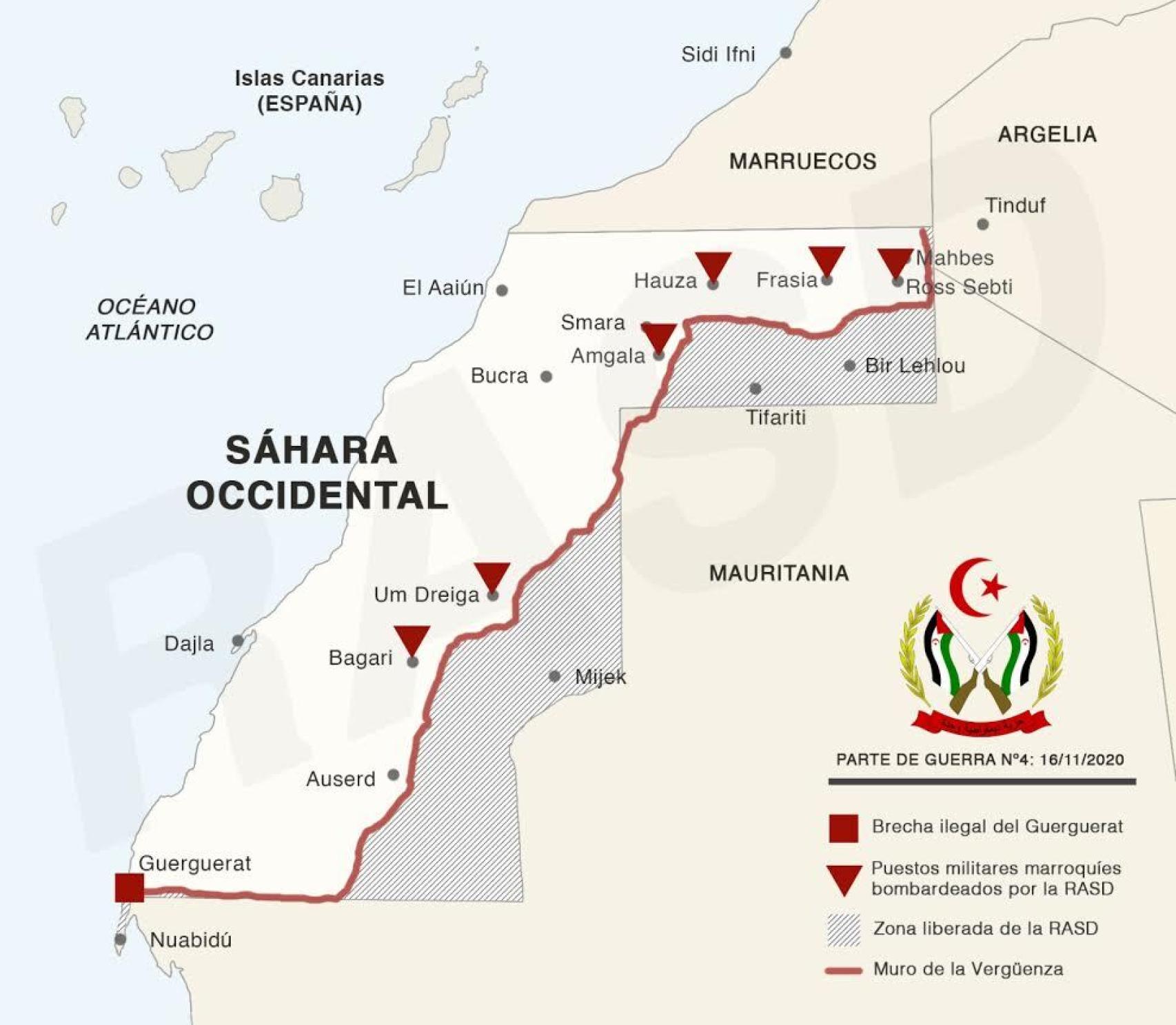

But regardless of whether the charges are true, critics say that the hyperbole in rap can unfairly sway a jury, noting that the practice has a disproportionate impact on Black and brown defendants. The practice of using rap lyrics as evidence doesn’t always lead to convictions Boosie and Drakeo the Ruler were both acquitted.
#Sus freestyle lyrics trial
That same year, 6ix9ine’s lyrics were introduced in court during his trial for gang-related charges. “I was never part of no gang.” More recently, prosecutors used the late Drakeo the Ruler’s lyrics to accuse him of murder in 2019. “I’m guilty for where I live,” he told Vulture at the time. When Bobby Shmurda was accused of leading a gang connected to several crimes in 2014, his hit “ Hot Nigga” was publicly scrutinized, though the lyrics weren’t formally cited as evidence in the case. In 2012, a Louisiana judge ruled that some lyrics from “187” could be admitted as evidence in Boosie’s murder trial. This isn’t the first time that rap music has been brought up during trials. And controversially, rap lyrics from the Grammy-nominated musicians, including a posthumous Juice WRLD single, are also included as evidence.


Georgia prosecutors also charged all 28 defendants with conspiring to violate the Racketeer Influenced and Corrupt Organizations Act by engaging in a pattern of illegal activity to obtain money and property. Individual charges included murder, attempted robbery, and aggravated assault with a weapon. The 88-page grand jury indictment refers to YSL as a “criminal street gang” and lists 182 different acts - including instances of members wearing clothing or accessories with the word “Slime” - that were allegedly “in furtherance” of this collective conspiracy. Young Thug, Gunna, and more than two dozen people associated with the label and artists’ collective Young Slime Life were indicted on gang-related charges on May 9.


 0 kommentar(er)
0 kommentar(er)
